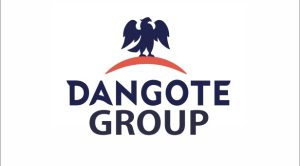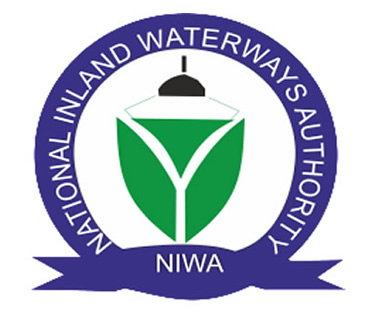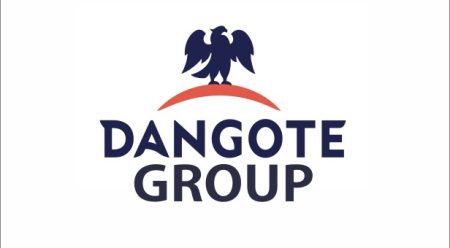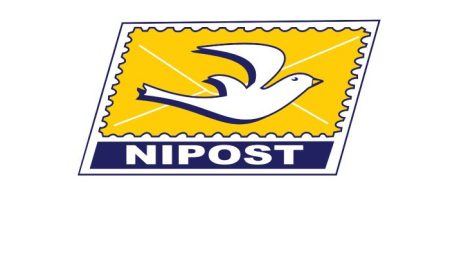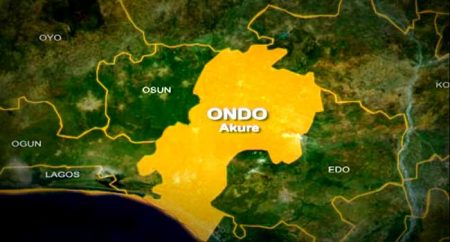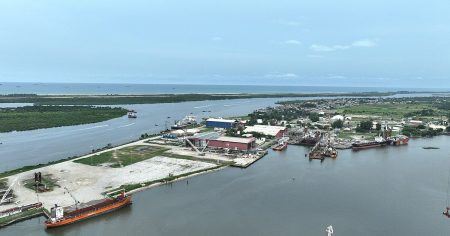The Federal Ministry of Housing and Urban Development (FMHUD) and the Nigerian Inland Waterways Authority (NIWA) have embarked on a collaborative initiative to streamline the regulatory framework governing shoreline developments in Lagos, Nigeria. This partnership aims to address the existing complexities and overlaps in the licensing process, ultimately fostering a more efficient and transparent system for managing these crucial coastal areas. The collaboration stems from the recognition that both agencies share interconnected responsibilities in overseeing shoreline activities, and a unified approach is essential for effective governance and sustainable development. The initiative reflects a broader commitment to enhance inter-agency cooperation within the Nigerian government, aligning with President Tinubu’s Renewed Hope Agenda.
The core of this collaborative effort is the establishment of a joint technical committee comprising representatives from FMHUD, NIWA, and other relevant stakeholders. This committee will play a pivotal role in developing standardized procedures for licensing shoreline developments, clearly delineating the roles and responsibilities of each agency, and eliminating the regulatory ambiguities that have historically hampered efficient project execution. The committee’s mandate encompasses a comprehensive review of existing regulations, identification of best practices, and formulation of sustainable guidelines that ensure both environmental protection and responsible development. The ultimate goal is to create a predictable and transparent regulatory environment that encourages investment while safeguarding the ecological integrity of the Lagos shoreline.
The intersection of FMHUD and NIWA’s mandates lies at the heart of this initiative. FMHUD, under the Land Act and the Land Use Act, holds the responsibility for managing land titles on federal shorelines and shaping national urban development policies. NIWA, on the other hand, derives its authority from the NIWA Act of 2004, which empowers it to regulate activities within inland waterways, including dredging, ferry operations, and the development of water-based infrastructure on federal waterways such as the Lagos Lagoon. Given the overlapping jurisdictions and the shared interest in sustainable shoreline management, the collaboration between these two agencies is a crucial step towards achieving a more cohesive regulatory framework.
Adding another layer of complexity to the regulatory landscape is the role of the Lagos State Government. Empowered by the 1999 Constitution, the state government maintains authority over physical planning and building permits within its jurisdiction. This necessitates careful coordination between the federal agencies and the state government to ensure that development projects adhere to all applicable regulations and align with broader urban development plans. The joint technical committee will therefore need to consider the state’s role in its recommendations, fostering a collaborative approach that respects the constitutional authority of each level of government. This intergovernmental cooperation is vital for effective management of the Lagos shoreline and the realization of sustainable development goals.
The leadership of both FMHUD and NIWA have expressed strong support for this collaborative initiative. Minister of Housing and Urban Development, Ahmed Dangiwa, emphasized the interconnectedness of the agencies’ operations and the need for a unified regulatory framework that respects both legal mandates and institutional responsibilities. This sentiment was echoed by NIWA Managing Director, Bola Oyebamiji, who hailed the initiative as a significant step towards resolving long-standing institutional overlaps and promoting safe, lawful, and environmentally responsible shoreline developments. The commitment from both agencies underscores the importance of this collaboration in achieving a more efficient and sustainable approach to managing the Lagos shoreline.
This joint effort between FMHUD and NIWA represents a significant stride towards enhancing the regulatory framework governing shoreline developments in Lagos. By establishing clear procedures, defining roles, and promoting inter-agency cooperation, this initiative aims to streamline the licensing process and foster sustainable development practices. The involvement of the Lagos State Government further underscores the commitment to a holistic approach that considers all relevant stakeholders and regulatory frameworks. This collaborative model serves as a valuable example of how inter-agency cooperation can effectively address complex regulatory challenges and contribute to the realization of broader national development goals. Ultimately, the success of this initiative will contribute to the sustainable and responsible development of the Lagos shoreline, balancing economic growth with environmental protection and the well-being of local communities.




